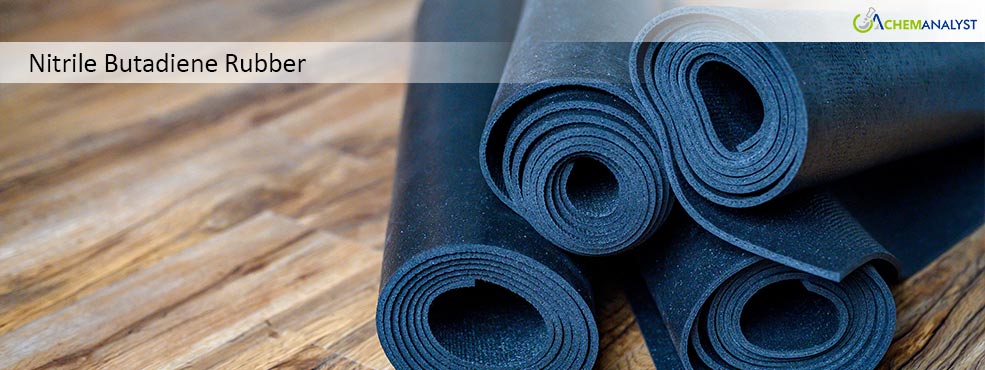Welcome To ChemAnalyst

NBR prices in China declined in the second half of November, reversing the upward trend observed in the preceding weeks. A similar price movement was observed in Germany during the same period.
The fluctuations in NBR prices in China were closely tied to the pricing trends of Acrylonitrile (ACN) in the market. China’s domestic ACN prices rose in the first half of the month due to continued supply tightness, stemming from ongoing plant maintenance. With multiple production plants shut for maintenance, the available capacity in China was primarily allocated to fulfill domestic demand, leaving limited supply for export. This supply tightness caused a significant increase in domestic ACN prices, which was reflected in the NBR prices in the first half.
In Taiwan, a major ACN producer faced supply uncertainties due to upcoming maintenance in mid-December, further tightening supply. Despite these price hikes from producers, Asian buyers resisted higher prices, citing weak demand and negative margins. With the approach of the winter season, demand for ACN typically decreases, adding downward pressure on NBR prices. As a result, NBR prices in China settled at USD 2,310/MT on November 22, down 0.9% from the previous week, reflecting subdued demand and tight margins in the downstream market.
In the European market, particularly in Germany, NBR prices followed the downward trend as observed in the Asian exporting countries. As of November 22, NBR 18%-40% CFR Hamburg prices were assessed at USD 2,500/MT, down 0.8% from the previous week. The decline in NBR prices was closely linked to the pricing trend in the European ACN market.
During the first half of November, demand remained weak, with limited pull from derivative markets and steady supply. Low demand in downstream sectors continued to impact the ACN market, with NBR struggling to maintain consistent demand as consumer appetite remained subdued. The challenging economic climate in Europe, coupled with a depressed downstream construction industry, contributed to the overall weak market sentiment.
Eurozone business activity fell in November, with confidence in the economic outlook weakening. A slowdown in the service sector further exacerbated the situation. According to market participants, the political instability in major Eurozone economies, including France's shaky government and upcoming elections in Germany, combined with global political uncertainty, created a challenging environment for businesses.
In response to these conditions, a destocking exercise began, with buyers focusing on reducing their inventory levels. As a result, any demand was mainly met through contractual commitments, leaving limited room for additional spot volumes.
According to ChemAnalyst Pricing Intelligence, NBR prices are expected to decline in the short term across both the Asian and European markets due to the ongoing destocking season. However, the situation in the European NBR market differs slightly. Despite limited activity in the spot market, market participants noted that regular contract-based purchases continued as usual. Looking ahead to 2025, there are positive expectations for the market. As contracts for 2024 are being renegotiated, discussions have emerged about a potential recovery in the European spot market, with buyers seeking smaller contract volumes.
We use cookies to deliver the best possible experience on our website. To learn more, visit our Privacy Policy. By continuing to use this site or by closing this box, you consent to our use of cookies. More info.
